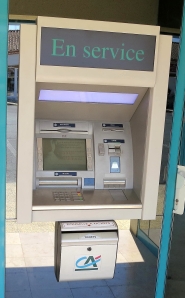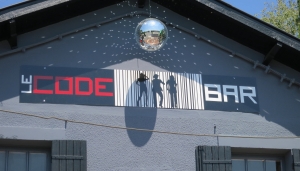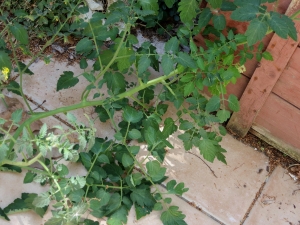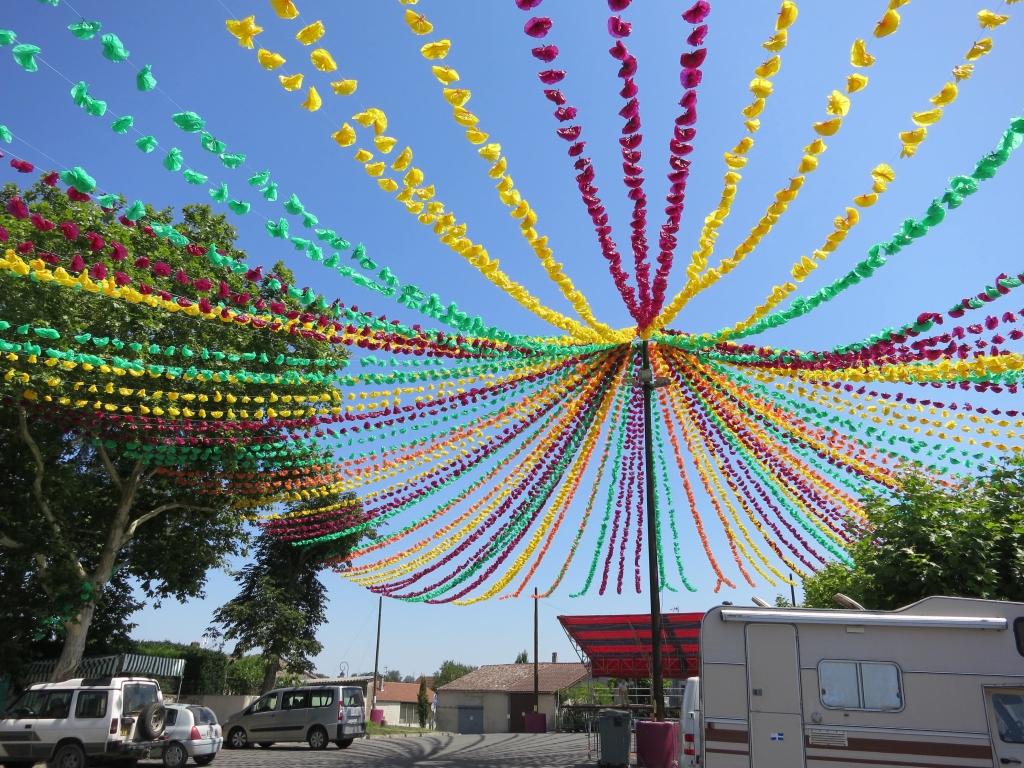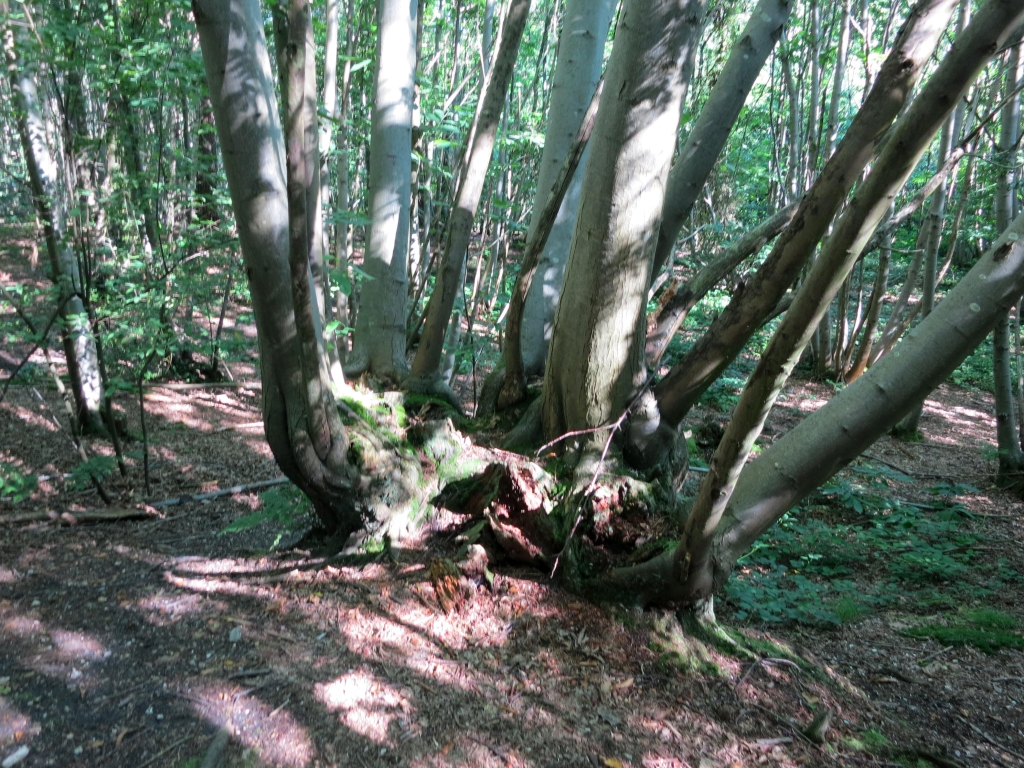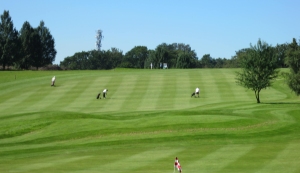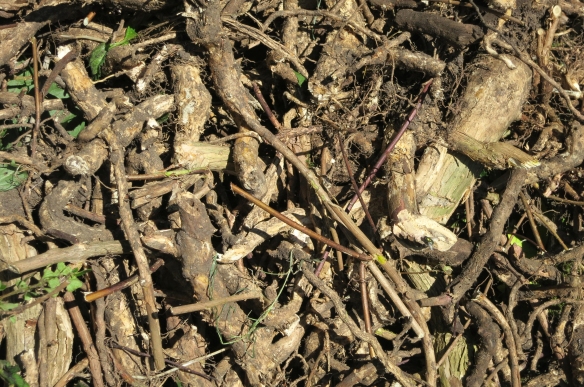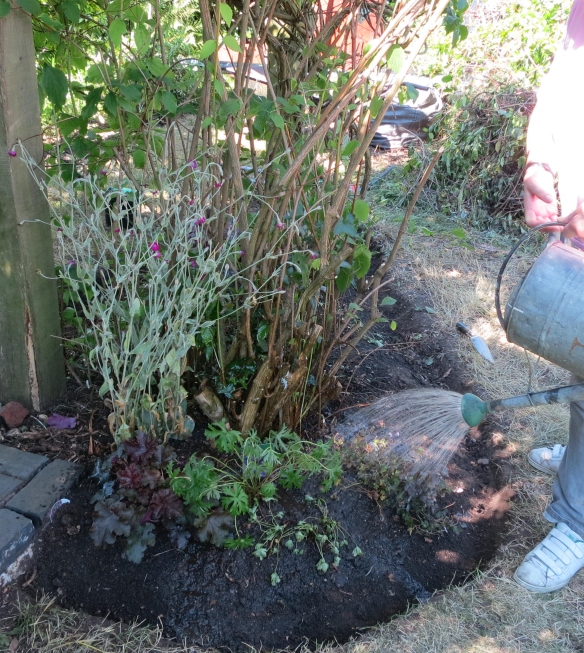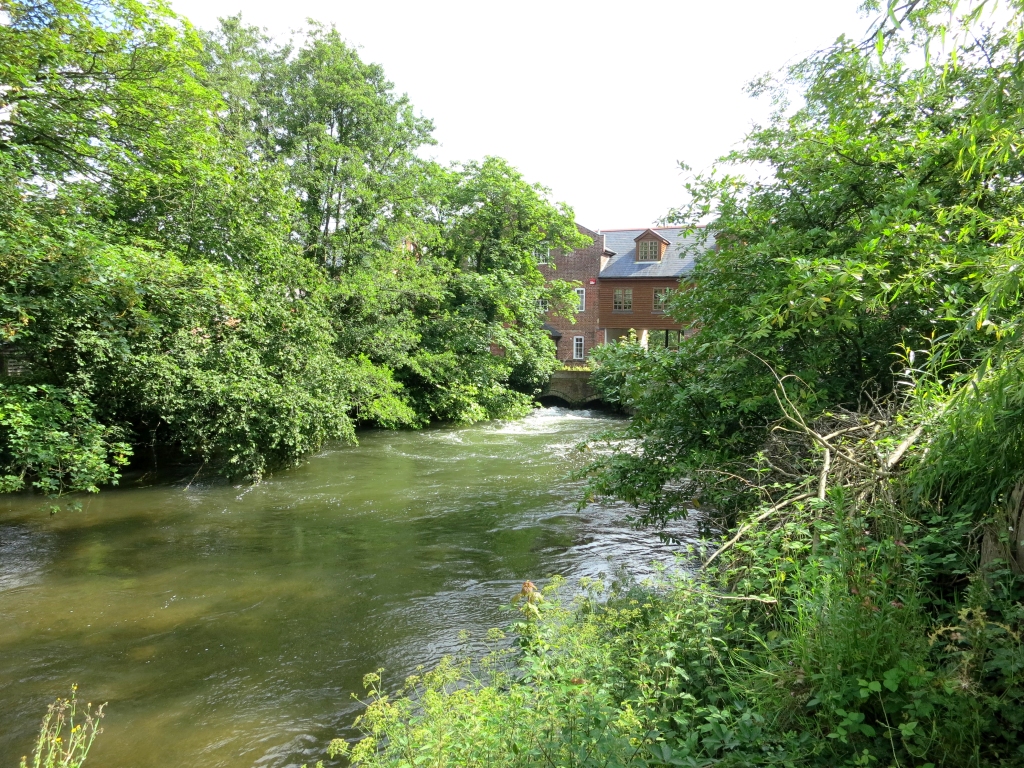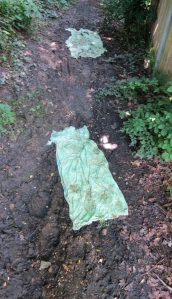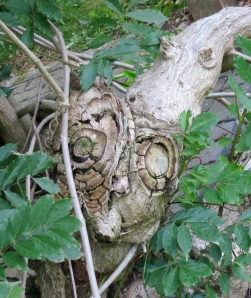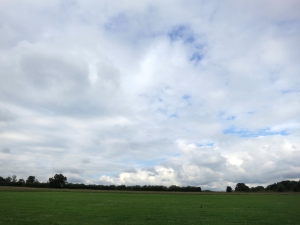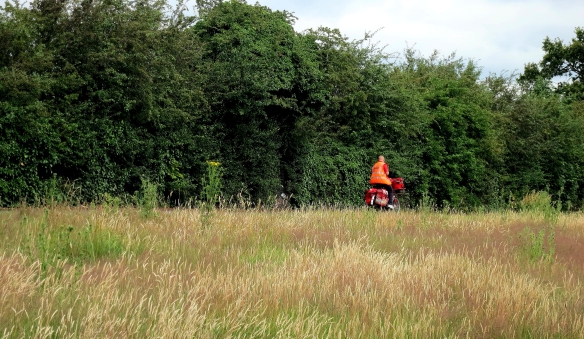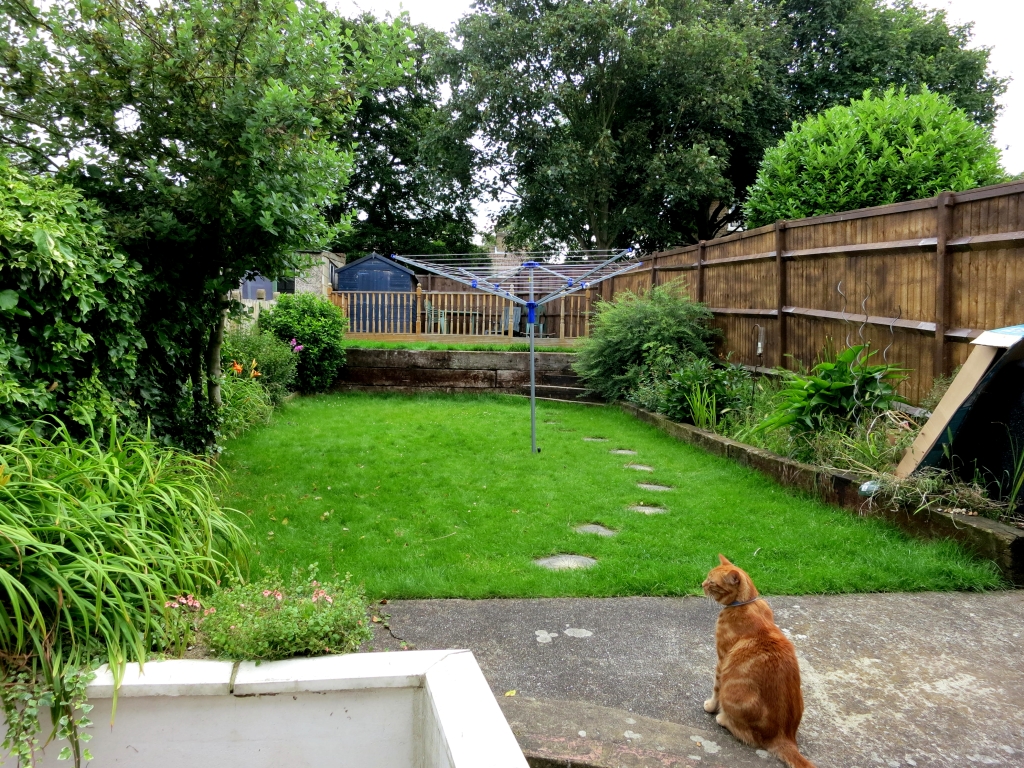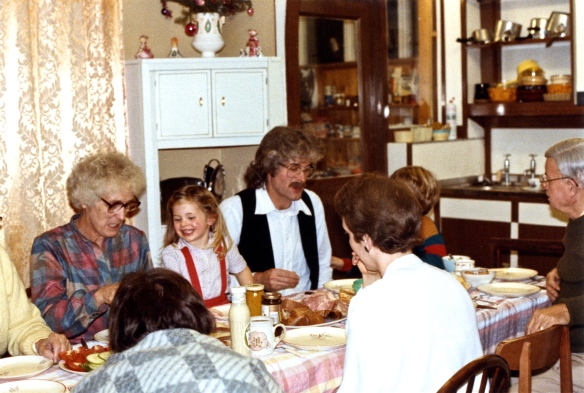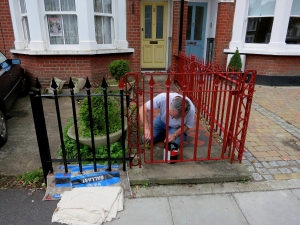Last night Le Code Bar was very quiet. For this reason Frederick was able to offer me a complimentary glass of wine to drink with him, so I wasn’t quite as abstemious as I’d claimed. Apparently it is far too hot for people to come out. He and the staff are very concerned about the cat (see yesterday), which is disturbing for customers. If only some of the diners would stop feeding it.
After this I watched ‘Ground Control’, a gripping and heart-rending film in praise of Air Traffic controllers, in which Kiefer Sutherland was magnificent in the lead role. The supporting cast, including Henry Winkler (The Fonze in a previous incarnation) were excellent.
This morning my language skills were tested to the limit. I had new windows and shutters fitted by Huis Clos. Having been most impressed by their organisation and the fact that everyone I had spoken to so far, either in person or on the phone had pretty good English, I thought today’s communication would be a doddle. Two very friendly artisans from the deep South turned up. They spoke Spanish as well as their regional French, and had the tell-tale accent complete with lisp. Their understanding of me was better than mine of them. I knew I was getting somewhere, however, when there were no windows or shutters to the sitting room. We sat sharing coffee and talked Olympics. If they didn’t understand what I said, I found other words which did the trick. So, coffee over, I said they could leave the back of the house as it was because there was a nice breeze coming through. ‘As you wish,’ said the younger man, making as if to pick up his tools, and extending his hand ‘Goodbye Monsieur’, a broad smile on his face. That was the first and only time they sat down until they had finished. I am extremely satisfied with their work. I now have beautifully fitting shutters and secure French doors.
With 44 degrees on the garden thermometer and now no breeze, I spent the afternoon inside and finished John Le Carre’s Single & Single. This novel, still about the Intelligence game and still intriguing, seemed to me much more humorous than other works of his I’ve read. I enjoyed it.
At 4.15 I ventured out into the blistering heat and glare of sunlight. I took the circular route round the cemetery to La Briaude and along the Eymet road back into Sigoules. The French enjoy decorating their streets with flowers, and Sigoules has more than its share of artefacts from a bygone age filled with brightly coloured blooms.
Along the road to La Briaude a cock was crowing. Perhaps his clocks keep similar times to those in No. 6. Crickets were being broadcast in stereo. Various amphibians were splashing about in the now shallow roadside stream. Someone had extended their garden across the road onto the edge of a maize field. Our Morden neighbour (see 18th. May post) would be proud of them. I was relieved to benefit from the brief shade of the tree-lined road around the hamlet.
There was a bit of a wind by the time I got back. It did more to dry than to cool me.
This evening it was paella and chicken and chips from stalls in the market square and Stella Artois from Le Code Bar. As I have mentioned before, every Friday evening throughout July and August the square is covered in long tables and chairs; various food suppliers put up their stalls; Les Caves and others produce the wine; and people swarm in from miles around. There is a pop group singing a fair number of English songs. With respect to those who want to sleep, everything closes down around midnight. Given my proximity to the square I’d best join in. If I didn’t there would be no point in going to bed early. In any case these are delightful occasions, and at one we met Judith and Roger Munns.









